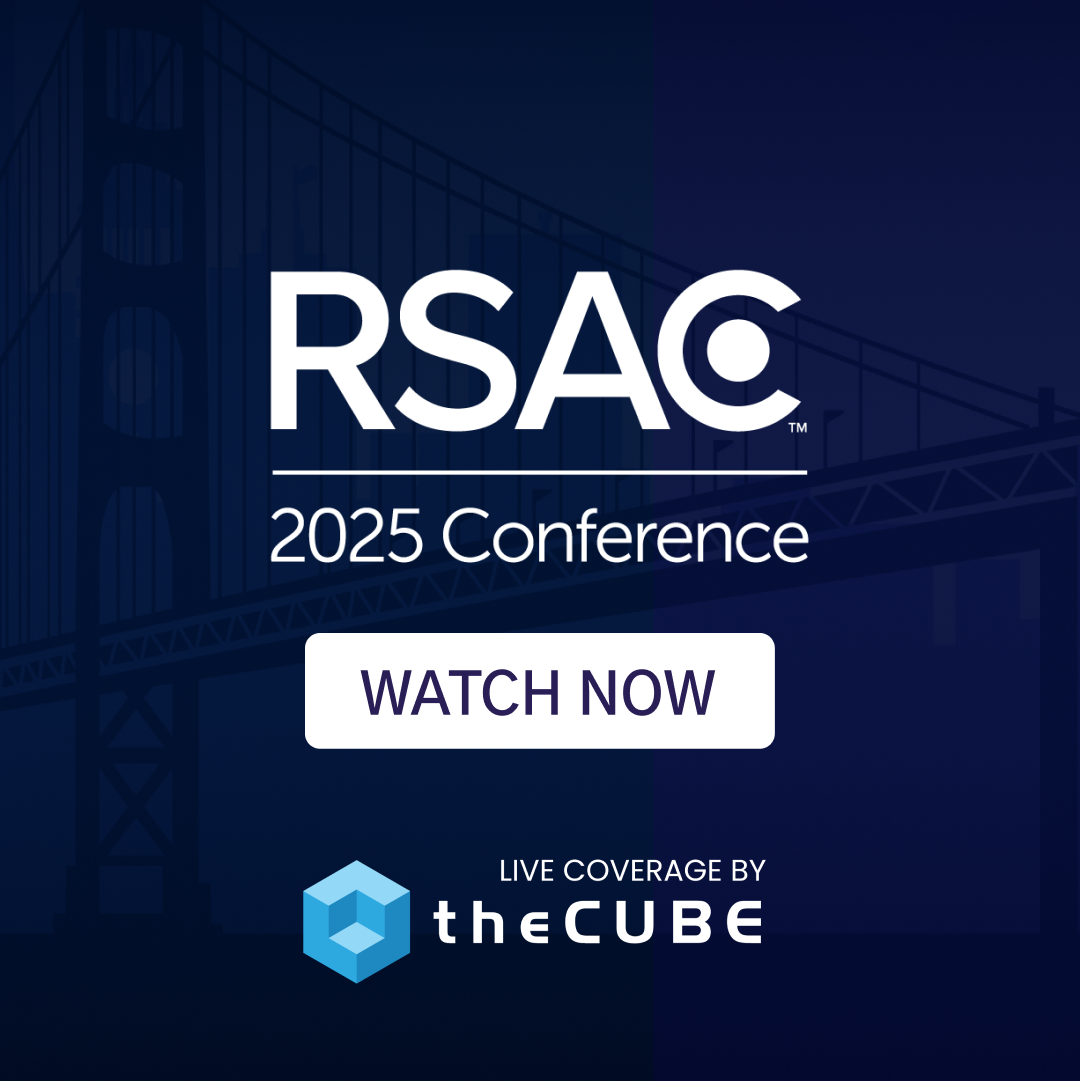We Need an Online Privacy Bill of Rights, Says Obama Administration
![]() The Internet works as an extremely powerful social tool to connect multitudes of people together, provide services, collect data, and open up our world—but it also mimics a sort of public space in which our activities can be stored forever. With this in mind, everyone who can “see” what we are doing can readily identify us wherever we go and reveal our activities to other parties that we would rather not know. This is a big problem for people who like to live their lives without the prying eyes of government agencies, public groups, and corporations looking into our behavior online constantly for whatever reason.
The Internet works as an extremely powerful social tool to connect multitudes of people together, provide services, collect data, and open up our world—but it also mimics a sort of public space in which our activities can be stored forever. With this in mind, everyone who can “see” what we are doing can readily identify us wherever we go and reveal our activities to other parties that we would rather not know. This is a big problem for people who like to live their lives without the prying eyes of government agencies, public groups, and corporations looking into our behavior online constantly for whatever reason.
All of the above have compelling reasons to know what people are doing. Each of them wants to provide a service to potential users that will make them more efficient or more attractive to customers than their competition. As a result, there’s a lot of ethical grey area to cover.
The Obama Administration recently called for Internet businesses to develop a set of policies for self-regulation where it comes to the ethics of online privacy. According to the Los Angeles Times, this might be a bit of a tall order:
The recommendations come in a long-awaited 88-page report entitled "Commercial Data Privacy and Innovation in the Internet Economy: A Dynamic Policy Framework." Drafted by a special Internet Policy Task Force set up by the Commerce Department, the report comes amid an increased focus by Washington policymakers on protecting consumers’ online information.
Earlier this month, the Federal Trade Commission issued its own online privacy report, calling for the industry to develop a do-not-track mechanism in Web browsers to allow people to block sites from collecting information. Consumer groups have pushed for lawmakers to enact legislation mandating such an option, which would be similar to the popular do-not-call list designed to block phone calls from telemarketers.
The FTC report didn’t endorse legislation, but left that option open if the industry doesn’t act voluntarily. The Commerce Department is taking a less forceful approach, stressing the need for businesses to work cooperatively with government to develop new ways to protect consumer online information, although it noted that "in certain circumstances, we recognize more than self-regulation is needed."
We are currently living in a time when privacy on the Internet has become steadily more protected by the government—especially true in light of recent 6th Circuit Court of Appeals decision requiring law enforcement to get warrants to read a person’s e-mail. Also mentioned in the article was the newest FTC opinion about getting a “do not track” database for the Internet and require that businesses permit users to opt-out of being watched. Companies like Microsoft are already looking to include some technological defenses in browsers, like IE9, but this will really come down to governments, industries, and user education more so than consumer side technology.
Although the report looks like it calls for something to be done, consumer groups aren’t entirely too happy with the revelation, suggesting that it hasn’t gone far enough.
But some consumer groups blasted the report for not calling for privacy legislation and being too friendly to industry.
"Instead of real laws protecting consumers, we are offered a vague ‘multi-stakeholder’ process to help develop ‘enforceable codes of conduct,’ said Jeff Chester, executive director of the Center for Digital Democracy. "This illustrates one of the basic problems with the Administration’s approach to protecting consumer privacy online. The Commerce Department is focused on promoting the interests of industry and business — not consumers. It cannot play the role of an independent, honest broker; consequently it should not be empowered to create a new Privacy Policy Office."
It brings to question if we can trust the industry to self-regulate in the presence of no extra protections for consumers. It does often take current laws a long time to catch up with changes in technology—old laws that cover postal mail and telephone conversations may not show proper jurisdiction over Internet communications. As a result, if a corporation does act up, consumers may not have the legal standing in order to get recompense.
In order to properly generate regulation for the industry, the government will need to balance the ethics of privacy verses the usefulness of the resource for businesses to make money. In the information era paradigm, we—as users—aren’t just the customers of large Internet businesses, like Google, but we’re also the product. When we go to search, they sell our activity and behavior to advertisers in order to make huge profits and deliver us and possibly our wallets to them. This gives them extremely compelling reasons to violate our privacy in order to make sure they deliver the best possible product (that’s us!) to their customers, the advertisers.
The debate may not be able to escape with simple requests for self-regulation and might actually need to form a coalition of not just government and industry, but also groups of consumers who must make the decision about how much privacy they’re willing to forgo in order to make access to and cost of products more expedient and cheap. As we’ve seen with surveys, supermarket discount cards, and et cetera, people indeed are very willing to give up a lot of privacy; but it may simply be important that all parties are aware of exactly what transactions are occurring.
This story is still developing, so we’ll have to come back to this in the future as the FTC, Obama Administration, information industry, and consumer advocate groups duke it out.
A message from John Furrier, co-founder of SiliconANGLE:
Your vote of support is important to us and it helps us keep the content FREE.
One click below supports our mission to provide free, deep, and relevant content.
Join our community on YouTube
Join the community that includes more than 15,000 #CubeAlumni experts, including Amazon.com CEO Andy Jassy, Dell Technologies founder and CEO Michael Dell, Intel CEO Pat Gelsinger, and many more luminaries and experts.
THANK YOU













